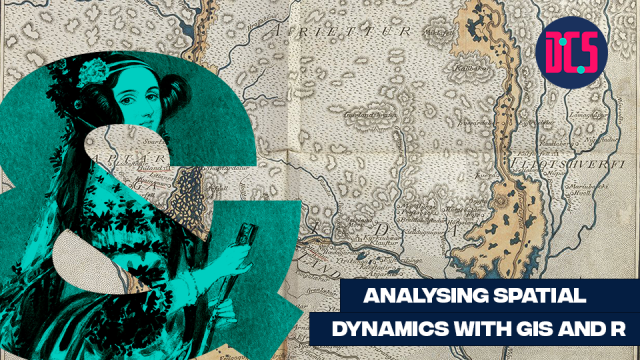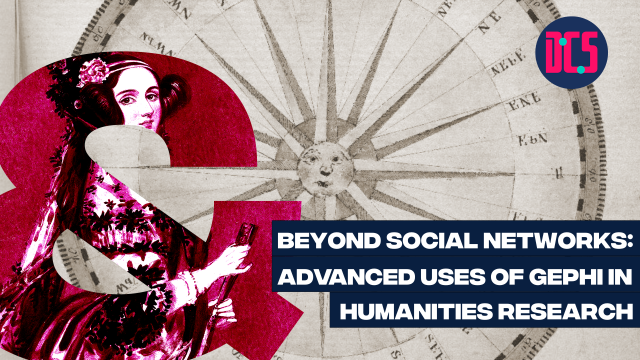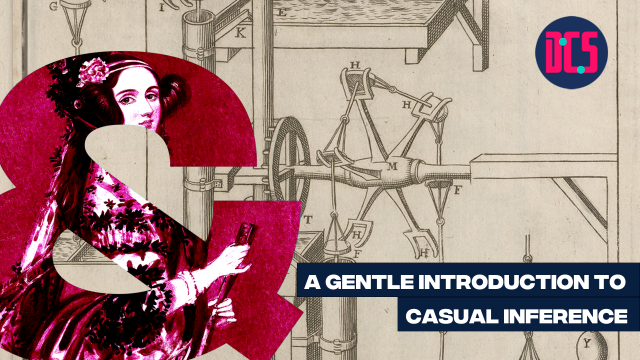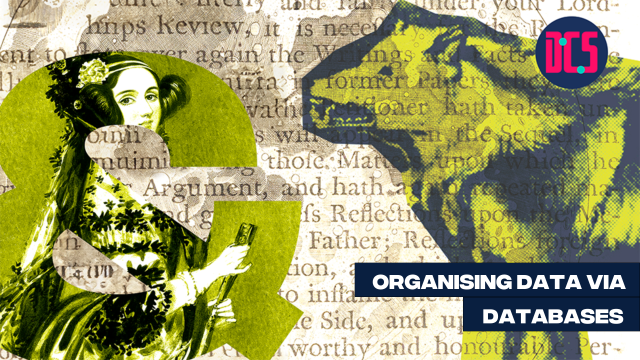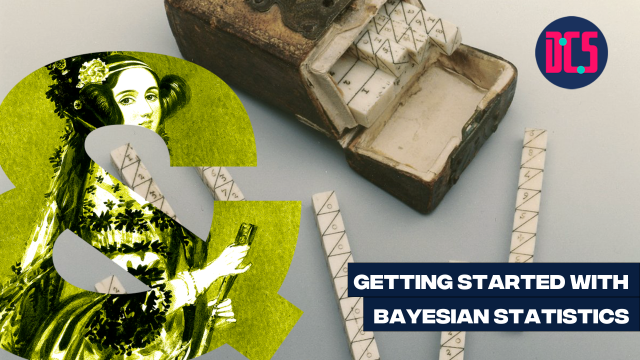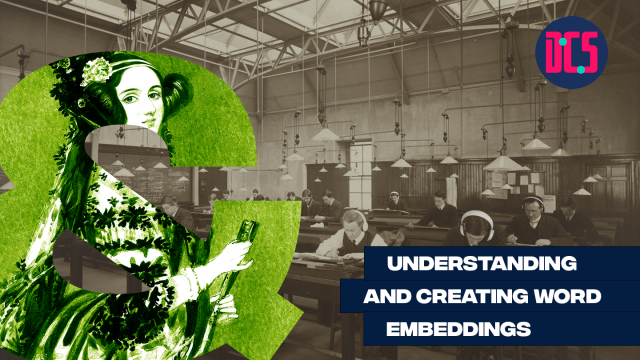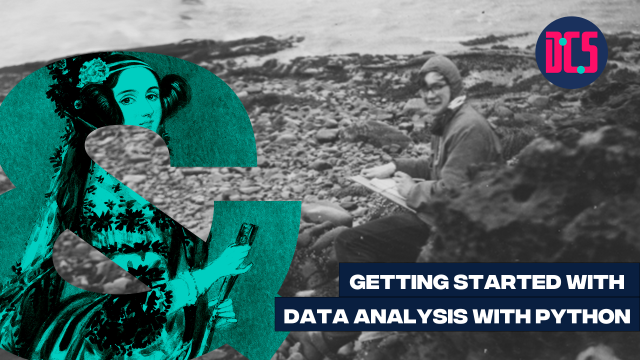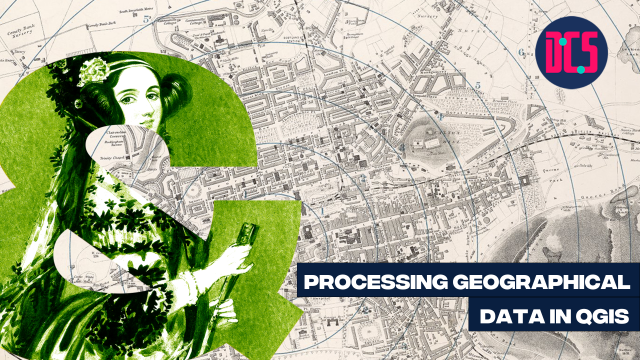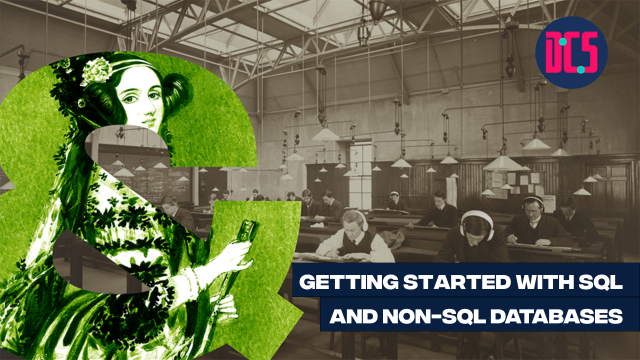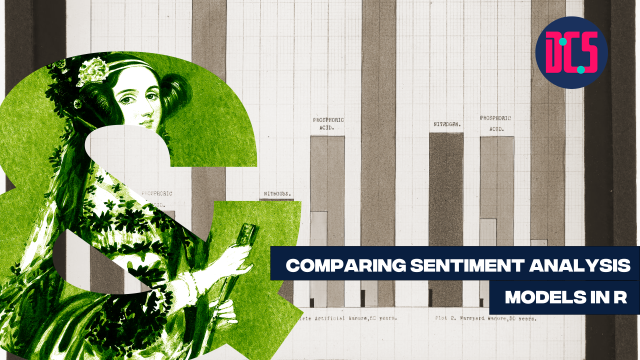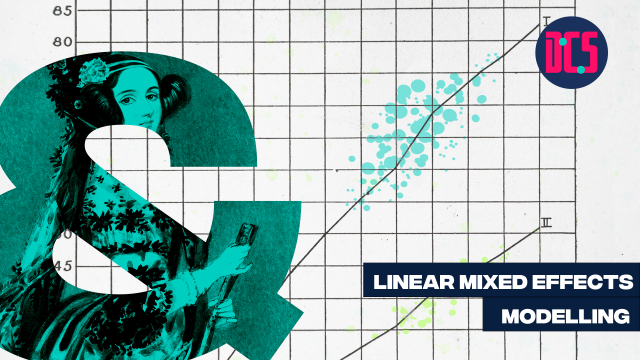Null Hypothesis Testing in R

In Person
This two-class course will focus on developing theoretical and practical skills for null hypothesis testing in R.
The course will begin with a brief overview of statistics and go on to cover different types of null hypothesis testing methods and how to choose the right one.
The course will ultimately build on an understanding of basic statistical analysis and show how more complex statistical analyses can be used in R. The relatively advanced techniques and theory behind all of this are highly applicable to wider concepts and will allow you to apply and build on the core concepts with your own research.
Learning outcomes:
- Deepen understanding of fundamental hypothesis testing concepts, including types of variables and their associations
- Understand the different test/post hoc test and their relationship with the type of variables
- Be able to choose the appropriate testing according to datasets and hypotheses
- Know how to report results
This is an intermediate-level course. A basic understanding of R and statistical analyses is assumed. Attendees will need to be familiar with the RStudio interface and how to run code in it.
To familiarise themselves with the different branches of statistics and the main methods you can attend our Digital Method of the Month Series on Statistics. This is a series of 1 hour long chats on the practicalities of different aspects of working with statistical methods.
Digital Method of the Month: Focus on Statistical Methods Part 1 - Descriptive vs Inferential
- Digital Method of the Month: Focus on Statistical Methods Part 2 - Linear Modelling
- Digital Method of the Month: Focus on Statistical Methods Part 3 – Simulation
This Tidyverse package should be downloaded and installed before the workshop.
Those who have registered to take part will receive an email with full details and a link to join the session in advance of the start time.
Knowledge refreshment pre-reading suggestions:
This course will be taught by Fang Jackson-Yang
After taking part in this event, you may decide that you need some further help in applying what you have learnt to your research. If so, you can book a Data Surgery meeting with one of our training fellows.
More details about Data Surgeries.
If you’re new to this training event format, or to CDCS training events in general, read more on what to expect from CDCS training. Here you will also find details of our cancellation and no-show policy, which applies to this event.
If you're interested in other training on data analysis, statistics, and machine learning have a look at the following:
- Digital Method of the Month: Focus on Statistical Methods Part 1 - Descriptive vs Inferential
- Digital Method of the Month: Focus on Statistical Methods Part 2 - Linear Modelling
- Digital Method of the Month: Focus on Statistical Methods Part 3 - Simulation
- Digital Method of the Month: Machine Learning
- Introduction to Machine Learning with Python
- Introduction to Bayesian Statistics
- A Gentle Introduction to Causal Inference
- Regression and Mixed Effects Modelling
Return to the Training Homepage to see other available events.
Digital Scholarship Centre
Digital Scholarship Centre, 6th floor
Main Library
University of Edinburgh
Edinburgh EH8 9LJ

